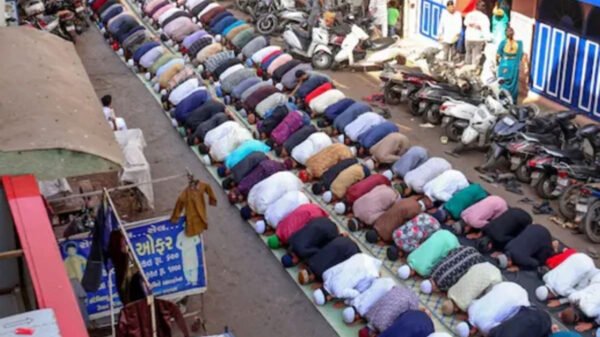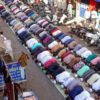In a significant shift, Bangladesh has introduced new textbooks that credit Ziaur Rahman, not Sheikh Mujibur Rahman, with declaring the country’s independence in 1971. This change departs from previous editions, which had consistently acknowledged Sheikh Mujibur Rahman, the country’s founding father, for making the declaration. According to The Daily Star, the revised textbooks for the 2025 academic year assert that “on March 26, 1971, Ziaur Rahman declared the independence of Bangladesh, and on March 27, he made another declaration of independence on behalf of Bangabandhu,” as explained by Reazul Hassan, chairman of the National Curriculum and Textbook Board.
The new textbooks also remove the title “Father of the Nation” from Mujibur Rahman, a further alteration of the historical narrative.
Rakhal Raha, a writer and researcher involved in the revision process, explained that the goal was to eliminate what they considered “exaggerated, imposed history.” Raha emphasized that the revisions were made after finding no “factual basis” for the long-standing claim that Mujib sent a wireless message declaring independence while under arrest by the Pakistani army.
Historically, the identity of the individual who declared Bangladesh’s independence has been debated, with the ruling government often influencing the narrative. Supporters of the Awami League, Mujib’s party, argue that Mujib himself made the declaration while Ziaur Rahman, a major in the army during the liberation war and later a sector commander, simply read it on his behalf.
This shift in historical portrayal reflects broader changes taking place in Bangladesh. The government has also started removing Mujib’s image from currency notes as part of a transition to new designs, following the political shift after the ousting of his daughter, Prime Minister Sheikh Hasina, on August 5. The interim government has also abolished the national holiday on August 15, which commemorated the assassination of Mujib.
These changes mark a substantial revision of the country’s historical narrative and its portrayal of key figures in its struggle for independence.










